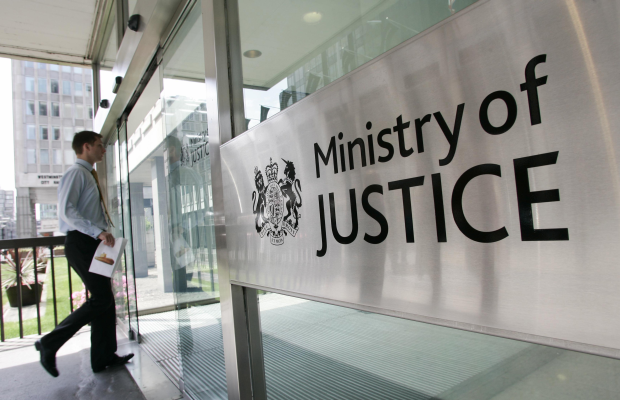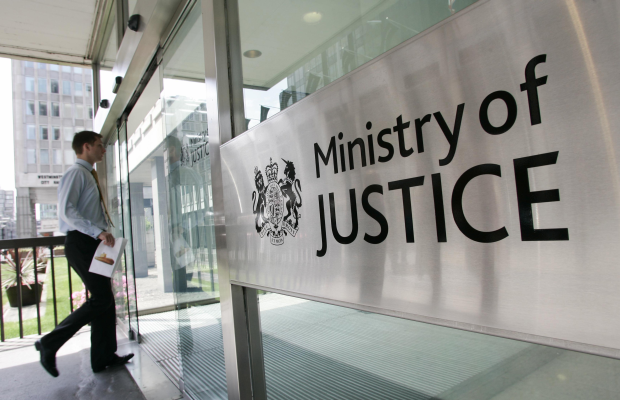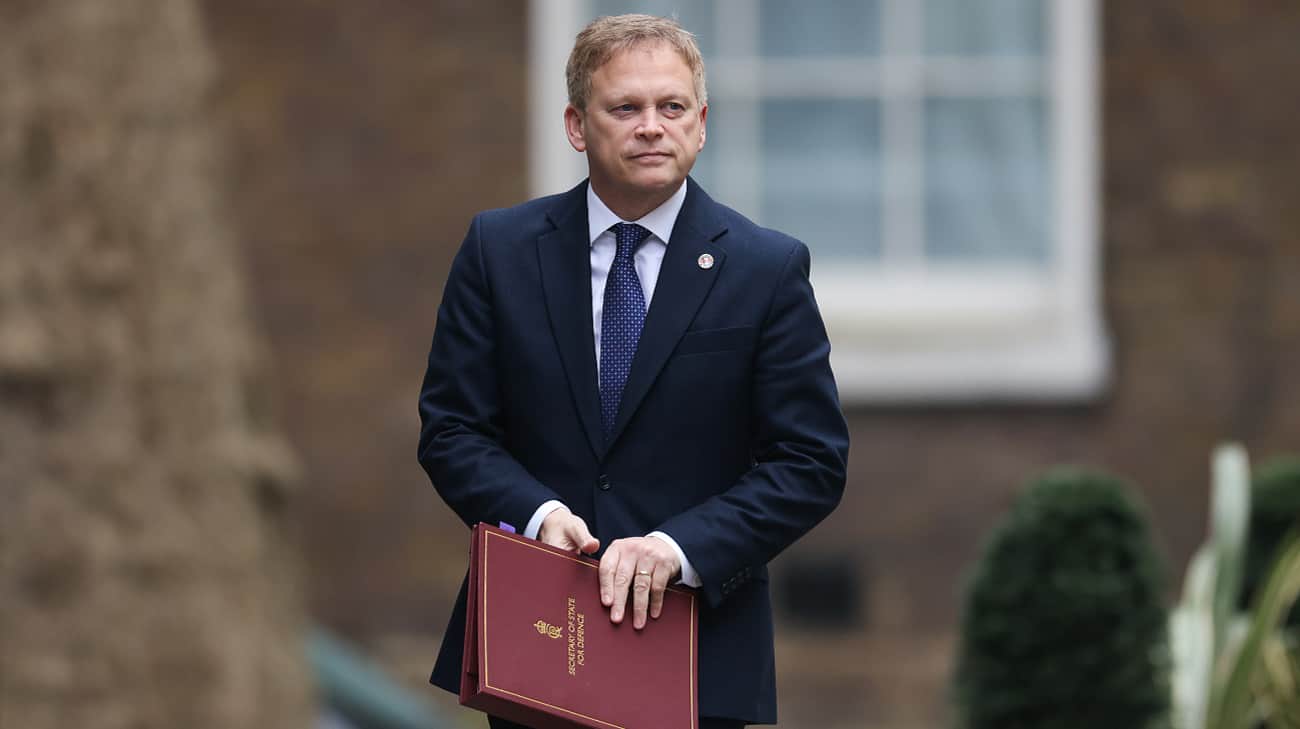Lawyers question benefit of plan to bring back Employment Tribunal fees
Lawyers have questioned the benefit of a government plan to reintroduce Employment Tribunal fees almost seven years after the Supreme Court declared they were unlawful.


Lawyers have questioned the benefit of a government plan to reintroduce Employment Tribunal fees almost seven years after the Supreme Court declared they were unlawful.
The Ministry of Justice (MoJ) published the proposals late Monday saying that it wanted to reduce the cost for the taxpayer.
The MoJ said that since charging fees were ruled unlawful back in 2017, when fees could add up to over £1000, the number of Employment Tribunal cases has nearly doubled, rising from around 18,000 to about 33,000 cases in 2022/23. This has meant the annual cost of covering the Employment Tribunal, and any related appeals, has risen to around £80m.
The department said it has “carefully considered” the Supreme Court ruling and “has endeavoured to ensure that the fees proposed in this consultation are proportionate and affordable.”
It is proposing a £55 fee that is payable by the claimant on bringing a case to the Tribunal. It is also considering a £55 fee for filing an appeal to the Employment Appeal Tribunal (EAT), with the same fee being levied for each judgment, decision, direction or order given by the EAT.
A ‘Help with Fees’ scheme to cover or support people who cannot afford to pay the new fees, has also been proposed.
But lawyers have questioned the benefit of the government’s plan.
Law Society of England and Wales president Nick Emmerson said in a statement that the previous fee regime “had a chilling effect on access to justice”.
“We will closely consider the Ministry of Justice’s new proposals to see if they are compatible with all workers being able to enforce their rights,” Emmerson added.
Jo Mackie, head of employment at Lawrence Stephens, said the decision to resurrect Employment Tribunal fees “is likely to be ruled unlawful, as they have been previously.”
“It would be a regressive step to reintroduce these fees, as they stifle fundamental access to justice at a time when claimants are often redundant,” she added.
Martin Pratt, an employment lawyer at RWK Goodman, said: “While it is good that the government has acknowledged that the prior excessive tribunal fees of up to £1,200 did not strike the right balance, I don’t think that the tiny dent of £1.3m-£1.7m that the new, much reduced, £55 fees will make in the £80m annual cost of the Employment Tribunals make the exercise worthwhile.”
“Given that low paid workers, who need it the most, may still be priced out of the process, it’s hard to see what benefit these charges will bring,” he added.
The consultation on the plans will close on March 25.



